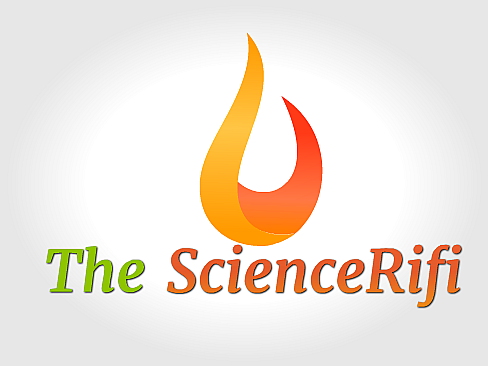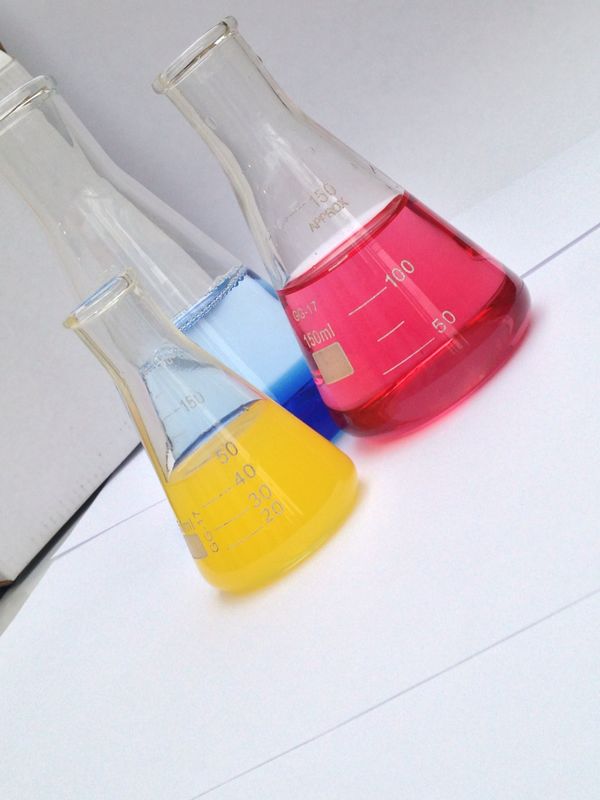


What you need to know:
Reflections and Exam Tips
Diet and health
Diet
Is what you eat
Balanced Diet:
Food containing all the food groups in the corrects proportions to sustain a healthy life. A balanced diet for one person may not be balanced for another.
Some factors affecting what your balanced diet is:
- State of health
- Age
- Gender
- Level of activity/fitness
The 7 Food groups
- Carbohydrates- energy source/ energy release in respiration
- Proteins- For growth and repair
- Fats- Energy store, insulation/making cell membranes
- Vitamins- For maintaining a healthy body
- Minerals- for building parts of the body
- Fibre (aka Roughage)- indigestible plant material (mainly cellulose)- to maintain a healthy digestive system/ prevent constipation
- Water- To carry dissolved nutrients in blood, cooling the body and hydration
The problems with food: Malnutrition!
Many of us always have enough to eat. That's fine. Some have more than enough= problem! Some also have not enough= another problem!
These 2 problems consitute malnutrition, Malnutrition comes from 2 words:
Mal= wrong,
Nutrition= eating.
So malnutrition literally means wrong eating: Too much or too little.
Eating too much may cause problems such as obesity.
Not eating enough results in deficiency diseases. These are diseases caused by a shortage of particular nutrients in the diet. Examples include:
- Scurvy= Shortage of vitamin C
- Rickets= Shortage of vitamin D
- Anaemia= Shortage of iron
Obesity also has a link with these health conditions
- Arthritis
- Type 2 diabetes
- Coronary heart disease
Metabolic rate: Is the rate at which chemical reactions occur in our bodies. Each of us has a different matabolic rate.
Metabolic rate may depend on:
- Gender: Females have a higher proportion of fat to muscle. Muscle respires faster and burns more excess energy.
- Genes we inherited from our parents
- The proportion of muscle to fat in our bodies
- How active we are (exercise)
The reactions which make up metabolism are either:
- Anabolic- these build up new tissues.
- Catabolic- These break down substances.
Exercise
Generally, exercise builds up more muscle, strengthens the heart and burns off excess energy which would otherwise be stored as fat.
You have to balance the amount of enrgy you take in and the energy that you burn off in exercise. If you take in more energy that you burn off, you may become overweight and obese. If you are using up more energy than you are taking in, you will lose weigt and become underweight.
BMI
Stands for Body Mass Index. It is a ratio of your height (cm) to your mass (kg). It is one of many measures which can be used to determine if you are obese or normal weight.
Cholesterol
Cholesterol is a saturated fat (no double bonds), usually found in animal products such as meat, milk, eggs. It is used in the body to build cell membranes (forming new cells) but too much can be a problem.
The human body is very complex, we are just starting to 'get it', so we cant just say cholesterol is bad for us, afterall we need a bit of it.
Plant oils like sunflower oil and rapeseed oil are rich in unsaturated fats. The more double bonds (polyunsaturated) in the oil the better.
Cholesterol is carried around the body stuck to proteins called lipoproteins (LP).
High Density Lipoprotein (HDLP) or good cholesterol- carries cholesterol to the liver to be destroyed or stored. Is this good or bad?
Low density Lipoprotein or bad cholesterol- carries cholesterol from the liver to the body. In the process, cholesterol may solidify in arteries. Is this good or bad?
Cholesterol risk factors
- Diet- mostly animal fats
- Genes we inherit from our parents
- Level of activity (exercise)
The sun gives us Vitamin D, so they say. Not really, UV light from the sun changes some chemicals in the skin to Vitamin D. Vitamin D helps the body absorb calcium from our diet. calcium strengthens bones. Without enough calcium, bones become soft and collapse under the weight of the body.
What does it mean when we say obesity has a link with these diseases? Why dont we say obesity causes these diseases?
How does our level of exercise link to the proportion of muscle to fat in our bodies?
Can you give examples of anabolic and catabolic reactions in your body?
What do you think drugs called anabolic steroids do?
Find a BMI calculator on the internet and calculate your BMI.
What is the difference between being overweight and being obese?
Olive oil is rich in polyunsaturated fats (HDLP). How does this reduce the chances of heart desease?
When you get home (or if you are at home), check out how much unsaturated oils your cooking oil/butter has. Compare this with olive oil.
For exams:
Do not just say fat as a risk factor for heart disease, not all fat is bad. say saturated fat, cholesterol or animal fat.